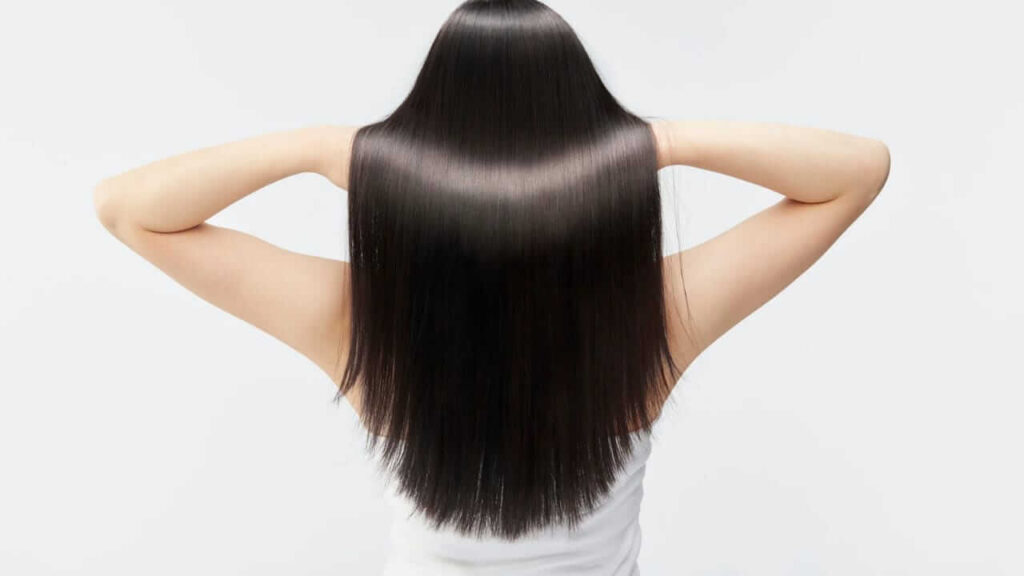
In an age of ingredient awareness and conscious living, more people are turning to organic and natural products for both skin and hair. Whether you’re battling dryness, sensitivity, or just aiming for long-term wellness, the switch from synthetic to natural isn’t just a trend it’s a lifestyle choice with powerful benefits.
From natural skin care products that nourish deeply to organic hair products that protect your scalp and strands, organic beauty offers a safer, more effective path to healthier living. This article explores why making the switch is not only better for your body but for the planet too.
What Makes a Product “Organic” or “Natural”?
Before diving into the benefits, it’s important to understand the difference:
- Natural products are made with ingredients sourced from nature (plants, minerals, etc.) and often minimally processed.
- Organic products go a step further. Their ingredients are grown without pesticides, synthetic fertilizers, GMOs, or other harmful chemicals. Certified organic products must meet strict regulatory standards.
Both avoid the harsh chemicals often found in conventional beauty items making them ideal for people seeking long-term skin health and sustainable self-care.
The Hidden Dangers of Chemical-Based Beauty Products
1. Irritation and Allergic Reactions
Synthetic fragrances, parabens, sulfates, and preservatives can weak the sensitive skin and hair. These ingredients often cause:
- Redness
- Itchiness
- Flaking or breakouts
- Scalp sensitivity
Chemical vs natural skin care is not just about preference it’s about safety. Switching to plant-based skin care products can significantly reduce the risk of allergic reactions and chronic irritation.
2. Hormonal Disruption and Long-Term Health Concerns
Some commonly used synthetic ingredients (like phthalates and parabens) are known endocrine disruptors. These chemicals can interfere with your hormonal balance and have been linked to more serious health conditions over time.
When you use natural skincare and organic shampoo or conditioner, you’re avoiding these unnecessary risks.
The Powerful Benefits of Natural Skin Care
1. Gentle and Nourishing on Skin
Natural ingredients for skin, such as aloe vera, chamomile, tea tree oil, and rosehip, are rich in vitamins, antioxidants, and anti-inflammatory compounds. They:
- Soothe irritation
- Reduce acne
- Promote cell regeneration
- Support natural hydration
These are ideal for all skin types including sensitive, dry, oily, and aging skin.

2. Better Absorption and Efficacy
Your skin absorbs about 60% of what you apply to it. Unlike synthetic products, natural skin care products use ingredients your body recognizes and knows how to process. This means better absorption and more noticeable results over time.
3. Supports Long-Term Skin Health
Using clean, nutrient-dense skincare promotes long-term skin health. Instead of short-term fixes that mask issues, organic products work with your skin to:
- Restore pH balance
- Boost collagen production
- Strengthen the skin barrier
Why Organic Hair Products Make All the Difference
1. Strengthens Hair from Root to Tip
Most commercial shampoos strip your scalp of natural oils using harsh sulfates. In contrast, organic shampoo gently cleanses while preserving your scalp’s natural balance. This leads to:
- Less hair fall
- More shine
- Stronger, thicker hair over time
2. Safe for Color-Treated and Damaged Hair
Because organic conditioners avoid alcohols, silicones, and parabens, they’re safe for dyed, damaged, or brittle hair. Their hydrating oils (like argan, jojoba, and coconut) repair and soften without weighing hair down.
3. Cruelty-Free and Eco-Friendly Hair Care
Most organic hair products are cruelty-free, meaning they’re not tested on animals. Many also come in recyclable packaging, making them part of a more eco-friendly hair care routine that aligns with sustainability values.

Best Natural Hair Products and Ingredients to Look For
When shopping for the best natural hair care, look for these proven organic ingredients:
- Aloe Vera: Soothes scalp irritation and boosts hydration
- Coconut Oil: Deep conditioner for softness and shine
- Tea Tree Oil: Natural antibacterial and dandruff fighter
- Argan Oil: Rich in vitamin E, ideal for smooth, frizz-free hair
- Shea Butter: Adds moisture and repairs dry hair ends
These ingredients don’t just offer surface-level beauty they restore your scalp and strands at the cellular level.
Plant-Based Skin Care Products: Nature’s Pharmacy
Switching to plant-based skin care products means feeding your skin with botanical nutrients that heal, protect, and restore. Top ingredients to look for:
- Green Tea: Packed with antioxidants that reduce signs of aging
- Calendula: Soothes inflamed or acne-prone skin
- Lavender Oil: Calms the skin and supports wound healing
- Vitamin C from Citrus: Brightens complexion and fades dark spots
Unlike synthetic ingredients, these plant extracts come with additional healing properties, delivering a holistic beauty experience.
Organic Products Are Kinder to the Environment
Your beauty choices don’t just affect you they affect the planet. Here’s how natural skincare and eco-friendly hair care protect the environment:
- Biodegradable Ingredients: Organic formulas break down easily without polluting water systems
- Sustainable Farming: Organic farms avoid pesticides and chemicals that harm soil, wildlife, and water
- Cruelty-Free Standards: No animal testing, promoting ethical beauty practices
- Minimal Packaging: Many organic brands use recyclable or reusable packaging to reduce waste
Every time you choose natural over synthetic, you vote for a healthier planet.
And,
Transitioning to Organic Products: What to Expect
Some people notice instant improvements in skin and hair texture. Others may go through a short “detox” period, where skin purges built-up toxins and hair adjusts to the absence of silicones and sulfates. This is temporary and normal.
Stick with it after a few weeks, most users report:
- Softer, more balanced skin
- Reduced breakouts and irritation
- Shinier, fuller hair
- Less scalp sensitivity
Conclusion
Switching to organic and natural products for both skin and hair is more than a wellness trend—it’s a step toward a cleaner, healthier, and more sustainable lifestyle. With benefits that go far beyond the surface, natural skin care products and organic hair products help you nourish your body the way nature intended.
Choosing plant-based, cruelty-free, and eco-conscious beauty is not just a self-care decision it’s a mindful, powerful choice for your health and for the world around you.
FAQs
1. Are organic products suitable for all skin types?
Yes! Most natural skincare products are formulated without harsh chemicals, making them ideal for sensitive, oily, dry, and acne-prone skin types.
2. Can organic shampoo really clean my hair effectively?
Absolutely. Organic shampoo uses natural cleansing agents like soap nuts or coconut-derived surfactants to clean your scalp without stripping it of essential oils.
3. How do I know if a product is truly organic?
Look for third-party certifications like USDA Organic, Ecocert, or COSMOS. Read ingredient labels and avoid artificial colors, synthetic fragrances, and sulfates.
4. Is switching to organic products expensive?
While some organic items may cost more upfront, they tend to last longer and deliver better results saving you money on treatments or dermatology visits in the long run.
5. Are organic and cruelty-free the same thing?
Not necessarily. A product can be organic but still tested on animals. Look for both organic and cruelty-free labels if you care about ethical beauty practices.

